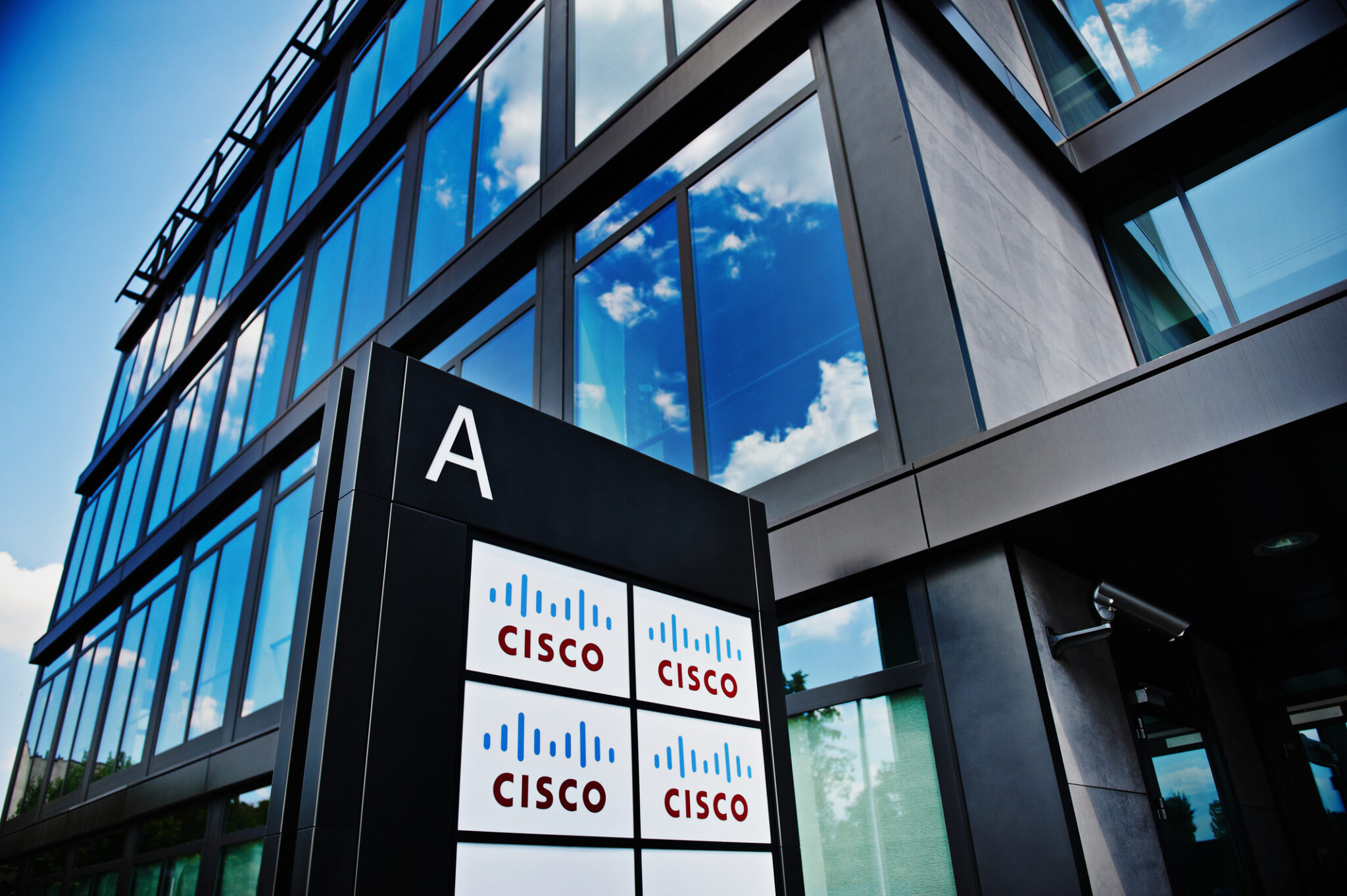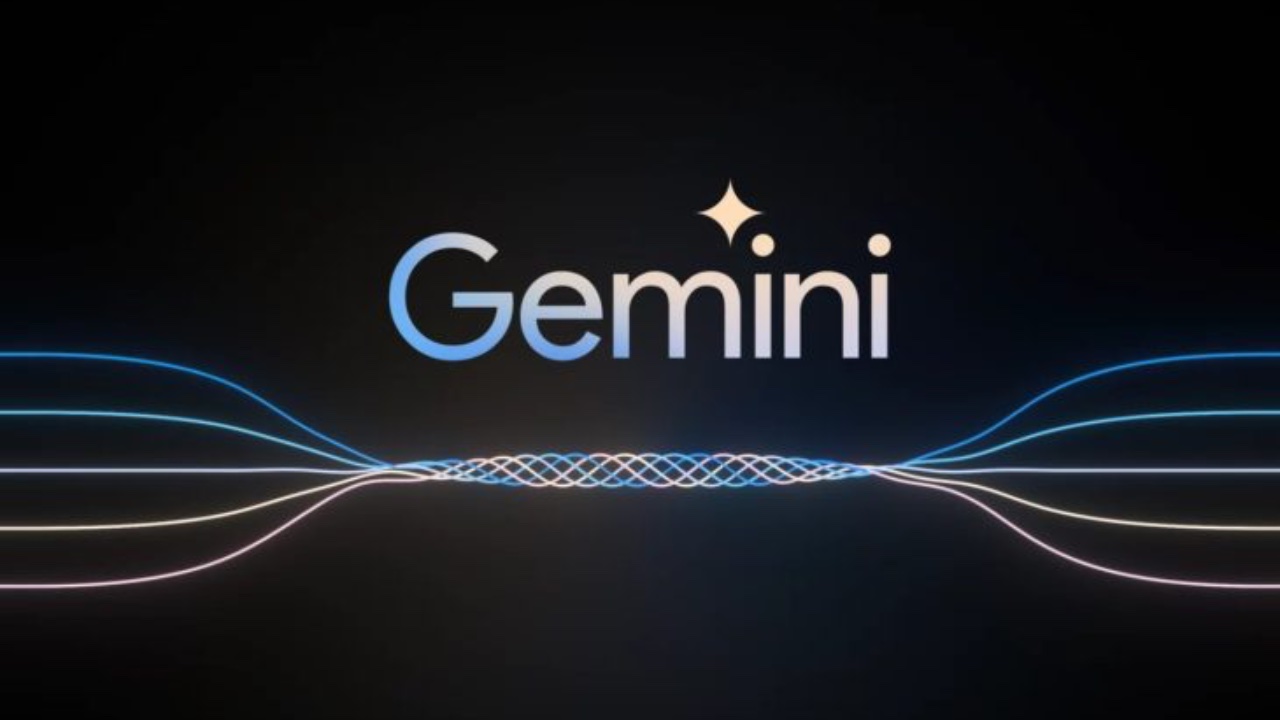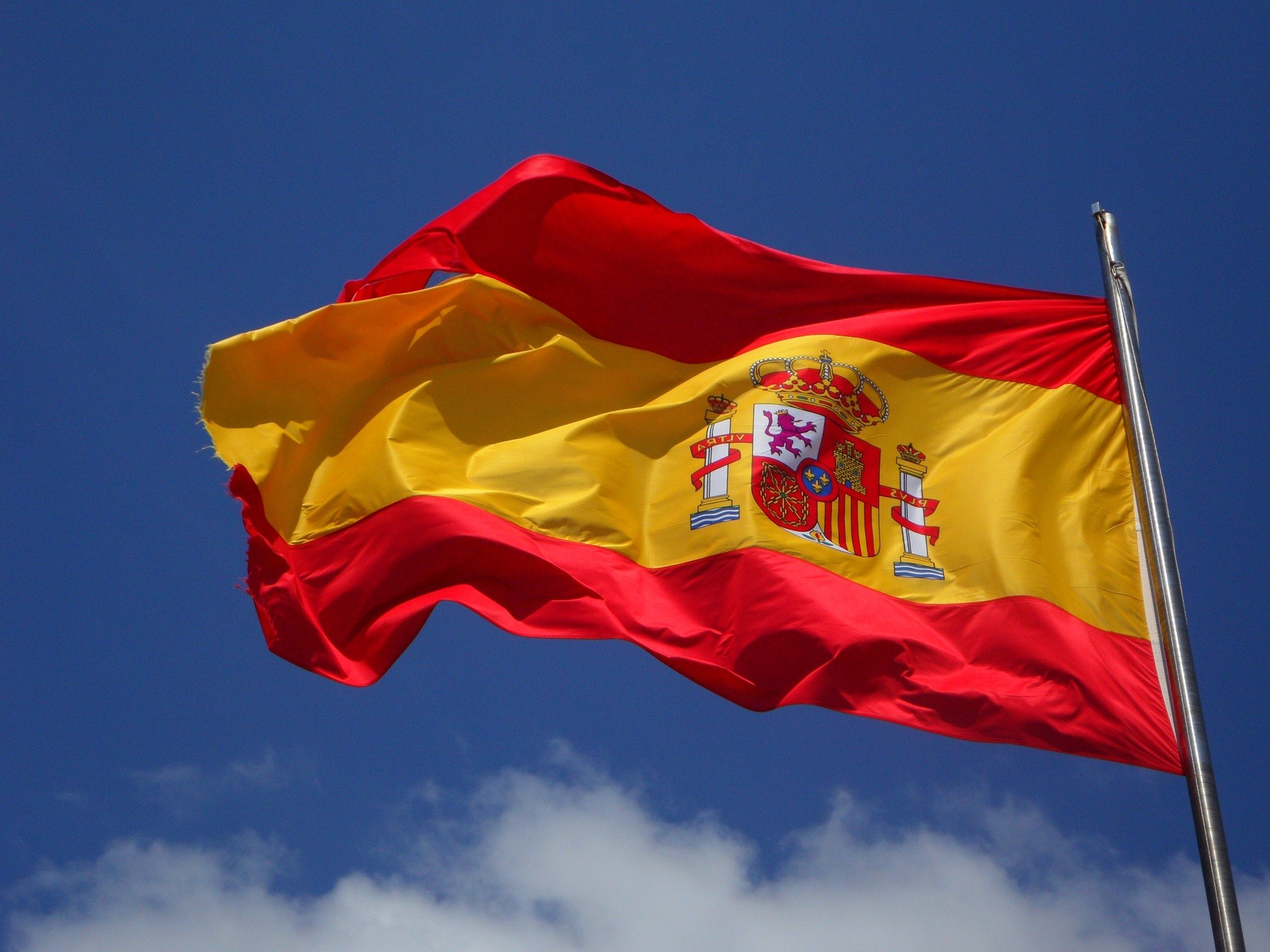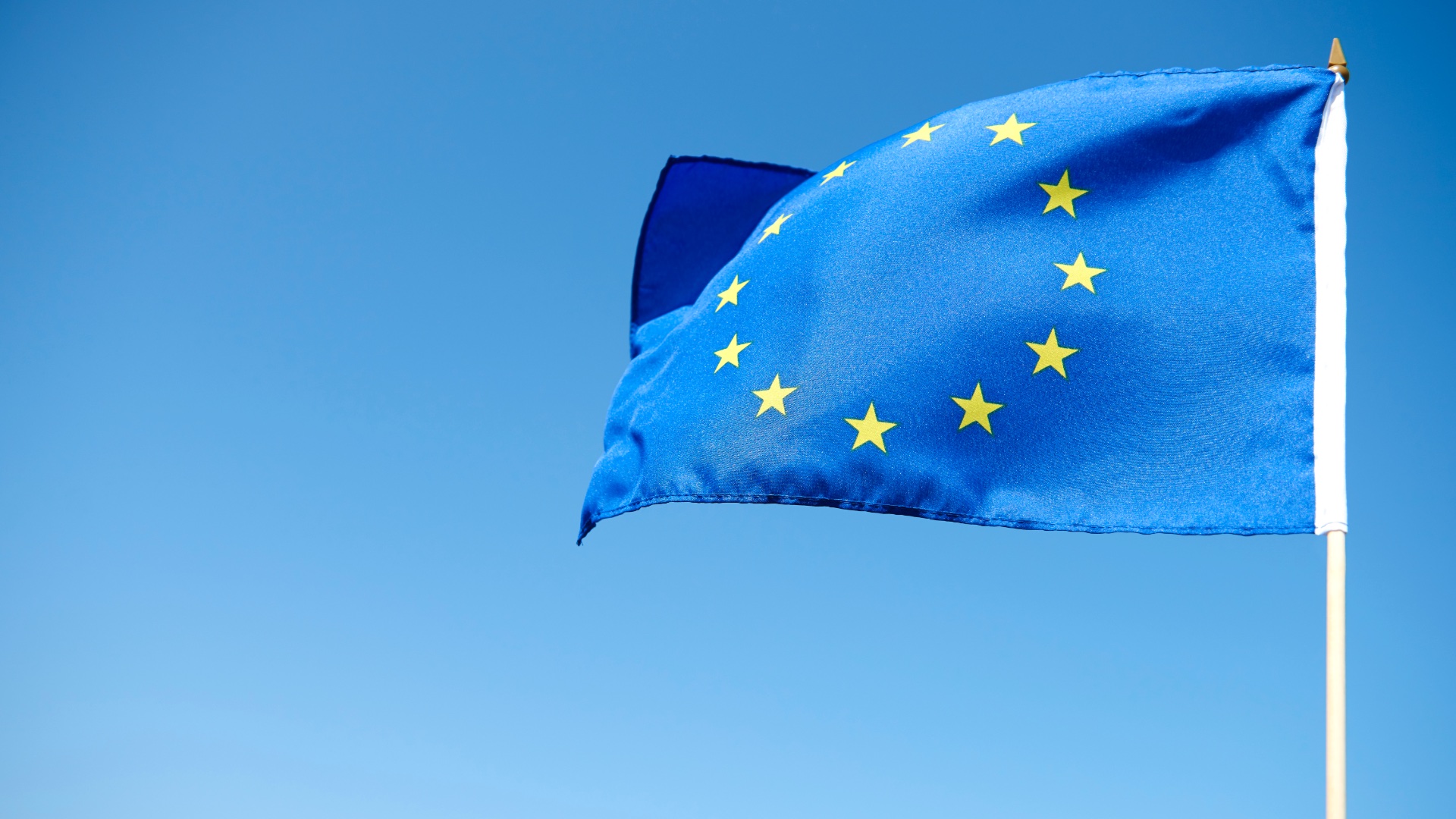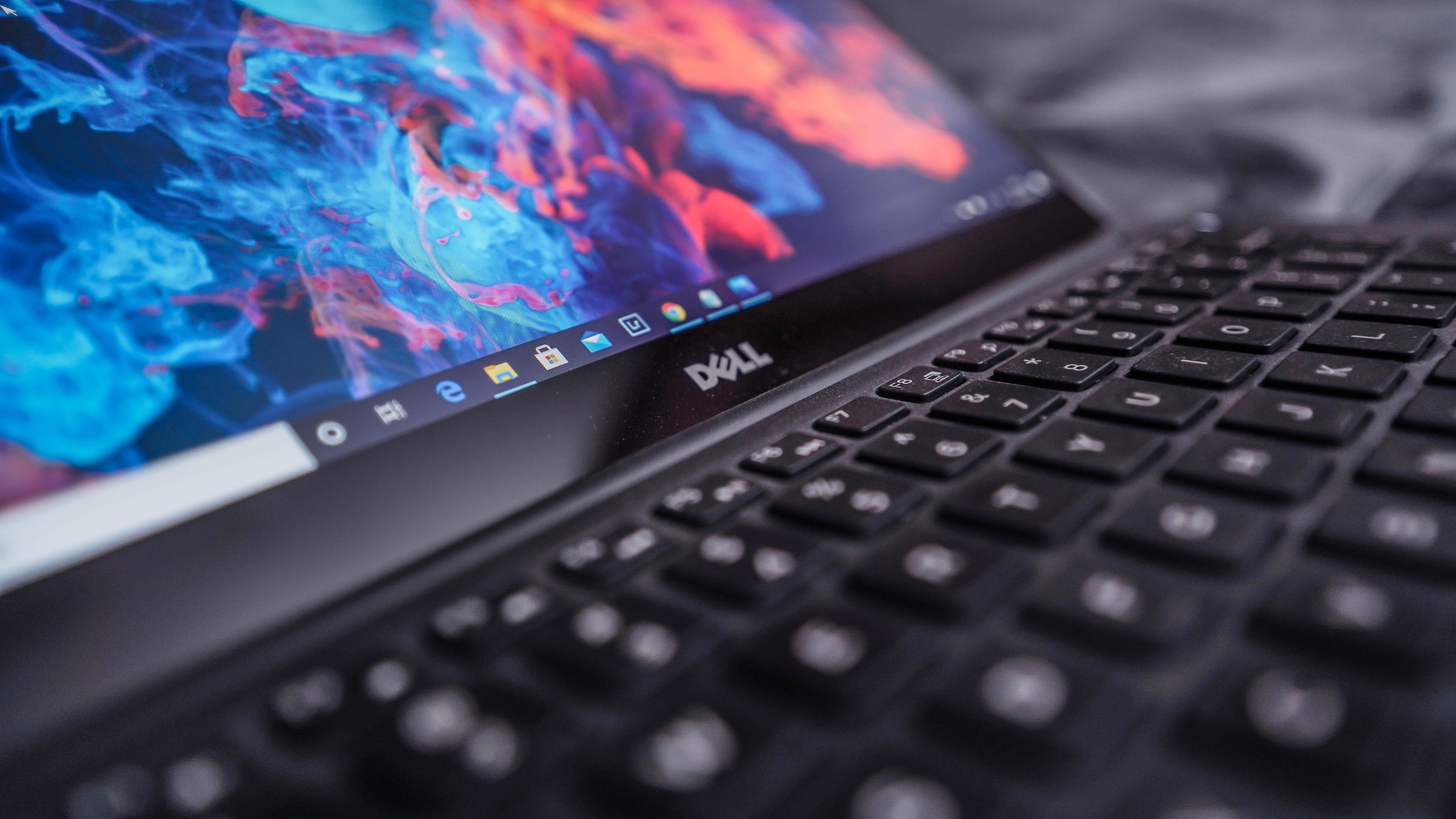Record amounts of venture capital funding are flowing into AI startups, but leading global investors are beginning to publicly warn of disconnected valuations. There is growing concern that the early-stage AI sector is becoming overheated, with fear of falling behind (FOMO) replacing rational calculation.
According to PitchBook data, AI startups raised $73.1 billion globally in the first quarter of 2025 alone, accounting for nearly 58% of all VC funding. Such a huge result was driven by giant rounds like the one for OpenAI worth $40 billion. Investors are racing to gain a foothold in the technology race of the decade.
However, at the recent Milken Institute Asia Summit 2025 in Singapore, managers from Singapore’s sovereign fund GIC and the TPG fund expressed scepticism. They pointed out that the ‘AI’ label alone today allows companies without significant revenues to achieve astronomical valuations that are multiples of their current financial performance.
The problem is that market expectations may be well ahead of the technology’s real capabilities. The current boom in AI capital spending may effectively mask potential weaknesses in the global economy, creating the illusion of a general boom.
While no one is denying the potential of AI, and some companies in this sector are able to reach $100 million in revenue in just a few months, the valuations of others are astonishing. There are early-stage startups with per-employee valuations ranging from $400 million to as much as $1.2 billion. According to experts, such figures are “breathtaking” and raise fundamental questions about whether the current investment frenzy is creating a speculative bubble that will soon burst.





